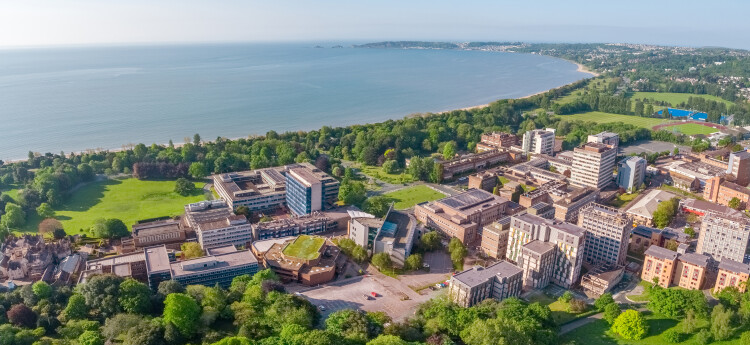
Swansea University launches groundbreaking Centre for Military Gambling Research
Swansea University, in collaboration with Anglia Ruskin University, has established the world's first centre dedicated to interdisciplinary research on gambling-related issues within the military community.
The Centre for Military Gambling Research (MilGam) aims to streamline and advance research efforts in military gambling studies. This includes acting as a central hub for evidence-based research, training provision, and knowledge exchange to promote awareness and understanding among diverse stakeholders.
The MilGam Centre is headed by Professor Simon Dymond, renowned for his expertise in Psychology and Behaviour Analysis at Swansea University, and co-directed by Professor Matt Fossey from Anglia Ruskin University's Veterans and Families Institute.
The Centre's core focus is to collaborate closely with stakeholders to design and assess safer gambling interventions aimed at identifying and supporting individuals at risk of gambling harm within the military community.
This will enable MilGam to build research and treatment evidence for policy and Ministry of Defence-led organisational changes through an evidence hub and knowledge-exchange services to be extended and replicated globally. At its core, MilGam will embed lived experience of gambling harm and the Armed Forces within all aspects of the Centre’s work.
Previous research conducted by Professor Dymond and colleagues has identified that UK Armed Forces veterans are at a heightened risk of experiencing gambling-related harm compared to the general population, with significant healthcare, social service, and economic costs. Further, this increased risk appears to extend to those currently serving in the Armed Forces and highlights the need to better understand and support the challenges faced by all members of the Armed Forces community.
Professor Dymond said: “Over recent years, we have completed the first prevalence studies in the UK focussing on gambling in currently serving and former members of the Armed Forces. Those studies have ignited the conversation around this growing public health issue and how it impacts the military community.
“We hope that the Centre will focus research that furthers our understanding of gambling behaviour in the military population, evaluate new interventions, and build effective harm-minimisation education and awareness programs for those currently serving and for those who have left the military.”
MilGam's establishment was made possible by a funding award of more than £500,000 from the Gambling Commission's Regulatory Settlements Fund. This funding, sourced from penalties imposed on gambling operators for regulatory breaches, underscores the commitment to addressing gambling-related issues responsibly and proactively.